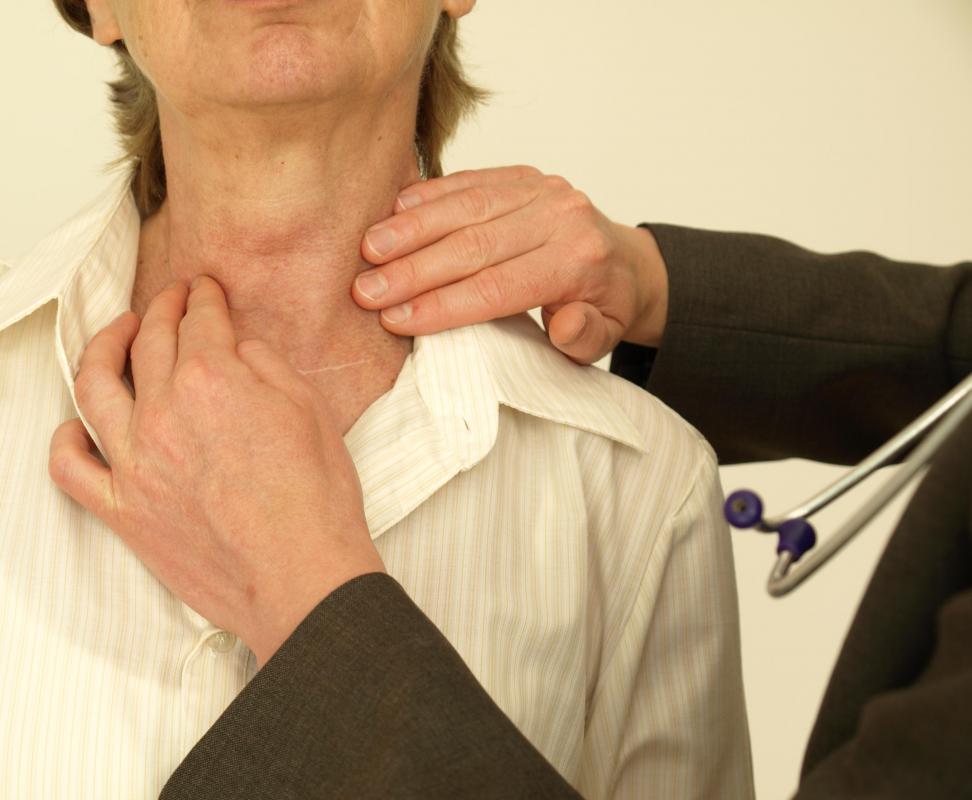At WiseGEEK, we're committed to delivering accurate, trustworthy information. Our expert-authored content is rigorously fact-checked and sourced from credible authorities. Discover how we uphold the highest standards in providing you with reliable knowledge.
What is Acute Retroviral Syndrome?
Acute retroviral syndrome is an infection that affects men and women who have human immunodeficiency virus (HIV). Symptoms of this infection, including muscle aches, headache, and fever, are usually the result of a weakened immune system brought about by HIV. This disease is difficult to diagnose, often mistakenly classified as the flu or another benign viral illness.
There are several names for acute retroviral syndrome, including acute HIV infection. The HIV virus causes destruction of white blood cells known as CD4 lymphocytes, resulting in weakened immune system and, thus, acute retroviral syndrome. Risk factors for contracting HIV include sexual contact, contaminated blood transfusions, using contaminated needles or syringes, childbirth, and breastfeeding by an infected mother. Early symptoms of this HIV-related infection may appear as fatigue, weight loss, rash, sore throat, diarrhea, swollen lymph glands, and decreased appetite. In addition to flu-like symptoms, individuals with acute retroviral syndrome may also experience ulcers in their mouth and esophagus.

Many of the symptoms commonly associated with the infection occur anywhere from five days to four weeks after becoming infected with HIV. Fever is among most common symptoms that individuals who develop this infection display. Because fever is associated with other viral illnesses, including mononucleosis and influenza, patients may not be diagnosed with acute HIV infection. This can result in delayed medical care.

Blood tests accompanied with an assessment of a patient's sexual and HIV risk factors can help to identify whether acute retroviral syndrome is present. While the human immunodeficiency virus is not curable, early detection of the acute HIV infection can prevent the spread of this virus to sexual partners. Some experts believe that using antiretroviral medications when acute retroviral syndrome is recognized can reduce the amount of damage to the immune system. Acute HIV infection can lead to advanced HIV disease, causing vulnerabilities to opportunistic infections and diseases. It does not always progress to this stage.

Some men and women who have acute retroviral syndrome may not experience symptoms for as long as 10 years after their initial infection. This stage is commonly referred to as asymptomatic HIV infection, in which symptoms are no longer present but the immune system continues to worsen. Many patients eventually progress to acquired immune deficiency syndrome (AIDS). Experts encourage men and women who have asymptomatic HIV infection but have a low CD4 cell count to take antiretroviral therapy. This therapy treatment works to boost the immune system, preventing opportunistic infections.
AS FEATURED ON:
AS FEATURED ON:
















Discuss this Article
Post your comments